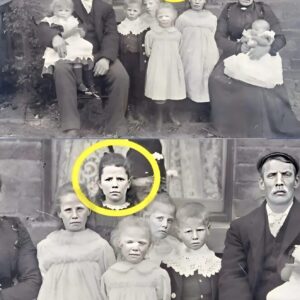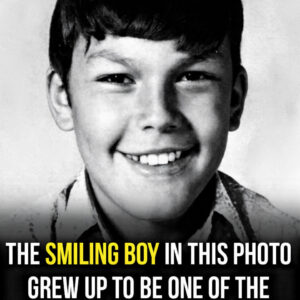Two months after our divorce, I believed the hardest chapter of my life was over. The papers were signed, possessions divided, and I tried to rebuild a life of quiet routines and simple comforts. Maya had taken her grandmother’s mirror, the honeymoon coffee table, and treasured dishes, leaving the house to echo with my solitude. Friends reassured me I was better off, and I told myself I was healing—jogging again, cooking for one, pretending the silence wasn’t heavy. But everything I thought I knew shattered that October afternoon at St. Mary’s Hospital. There she was, my ex-wife, frail in a pale yellow gown, looking nothing like the sharp, untouchable woman I had divorced.
I learned then the truth I had been blind to for years: Maya had been silently struggling with severe bipolar disorder, managing her condition alone while I misread her pain as coldness, laziness, or defiance. Her hospitalization revealed the hidden battles behind her moods, her isolation, and the life we had shared. Over time, I became part of her recovery—not as a husband, but as someone who truly cared, learning to support without judgment. Our love had transformed; it was no longer romantic, but compassionate, patient, and real. I realized that understanding and care could bloom even in the ruins of a failed marriage, and that the deepest love sometimes asks for nothing in return.





